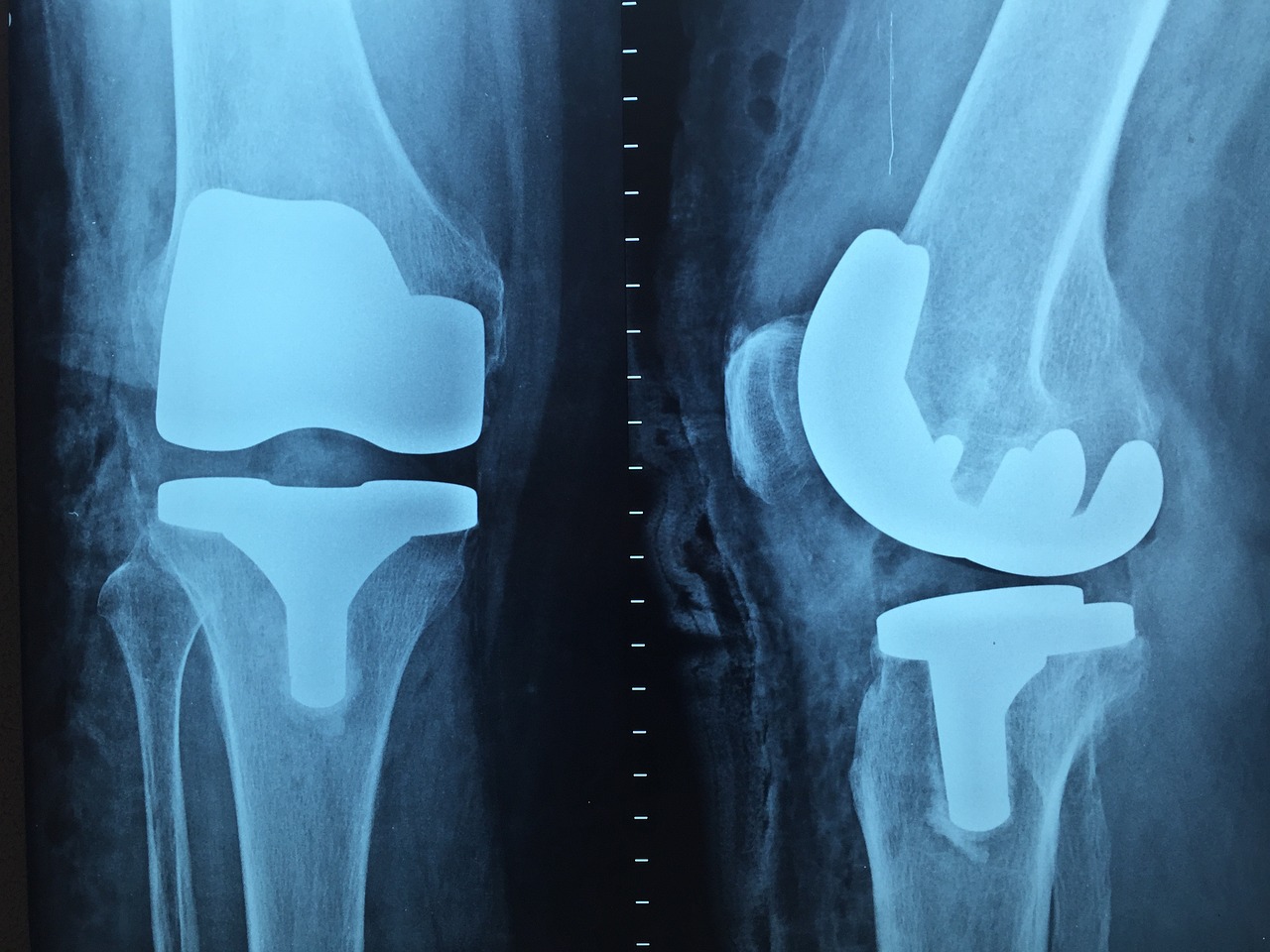With the right strategies, you can maximize your clinic’s potential while providing exceptional service to patients. Here are seven practice management tips for orthopedic clinics, including delegating tasks suitably, adopting orthopedic EHR software, and getting patient feedback:
1. Delegate Tasks Suitably
By assigning tasks to other people in your practice, you can maximize productivity and efficiency while freeing up valuable time. Delegating tasks can also help you develop team members’ skills and give them opportunities to take ownership of their duties. Identify the skills and strengths of each team member so you can assign tasks that fit their abilities or that can give them a chance to grow. Keep in mind that sometimes there is a need to delegate externally, such as outsourcing billing services to reduce the workload.
2. Establish Clear Communication Lines Within the Orthopedic Practice
If communication between employees or departments is not clear, it can lead to chaos and confusion, negatively affecting patient care and clinic management. Consider implementing tools and systems that encourage open communication, such as regular meetings with the team, suggestion boxes, and informal meetings to discuss company or employee needs. Encourage ideas from team members, as that can lead to more efficient and effective processes.
3. Invest in Orthopedic EHR Software
Manual paperwork can be time-consuming and tedious. It can also be prone to errors, which can have serious implications. Orthopedic EHR software can provide an efficient way to store and manage patient data. It’s designed to streamline the paperwork process, allowing you to focus on providing superior services. It can also reduce the risk of errors and allow easy access to patient records, helping with diagnosis and treatment plans. There are different types of EHR software, so take the time to compare features and select one that fits your practice.
4. Have Clear Policies and Procedures
Policies and procedures help define roles, responsibilities, and processes for daily operations. If you do not have clear procedures in place, it can lead to confusion and miscommunication. That can affect clinic efficiency, morale, and, ultimately, patient care. Invest time in developing procedures appropriate for your clinic and encourage team members to follow them. That can help your staff stay on the same page and work together towards similar goals.
5. Foster a Positive Working Environment
A positive work environment increases team morale and motivates staff to work hard and give their best. Create an environment where everyone can work together and support each other. Give feedback to team members and reward them for their hard work. Encourage a culture of respect by setting an example yourself. Give your employees the necessary resources and provide growth opportunities, such as additional training or new projects. A positive atmosphere can increase employee satisfaction, leading to better service delivery.
6. Get Feedback from Patients
Your patients are your best source of feedback. Ask them for opinions regarding the care they receive in your clinic. Their responses can reveal areas of improvement, helping you identify what needs to be changed and improved. You may learn things like the wait times are too long, the staff is friendly but not knowledgeable, or the facility does not have enough services. Use that feedback to enhance your clinic operations and provide better service. You can use customer surveys, post-visit questionnaires, and online reviews to get patient feedback as well. Encourage patients to provide honest feedback so you can serve them better in the future.
7. Measure Performance Regularly
Measuring clinic performance can help determine how well your team is doing and if there are areas that need improvement. Set up key performance indicators you can use to track progress. They should be realistic and measurable so you can make meaningful comparisons over time. Analyze the results and use them to determine areas of improvement, develop strategies, and set goals for the clinic. Measuring performance regularly can help you make the necessary changes to maintain and improve clinic efficiency.
Managing an Orthopedic Clinic
Managing an orthopedic clinic often involves more than just providing medical services. It can require time and effort for the smooth and efficient running of all operations. Orthopedic EHR software and tips like these can help you manage your clinic more effectively and improve the quality of care delivered to patients. You can create a thriving clinic with organization, dedication, and commitment.





Be First to Comment